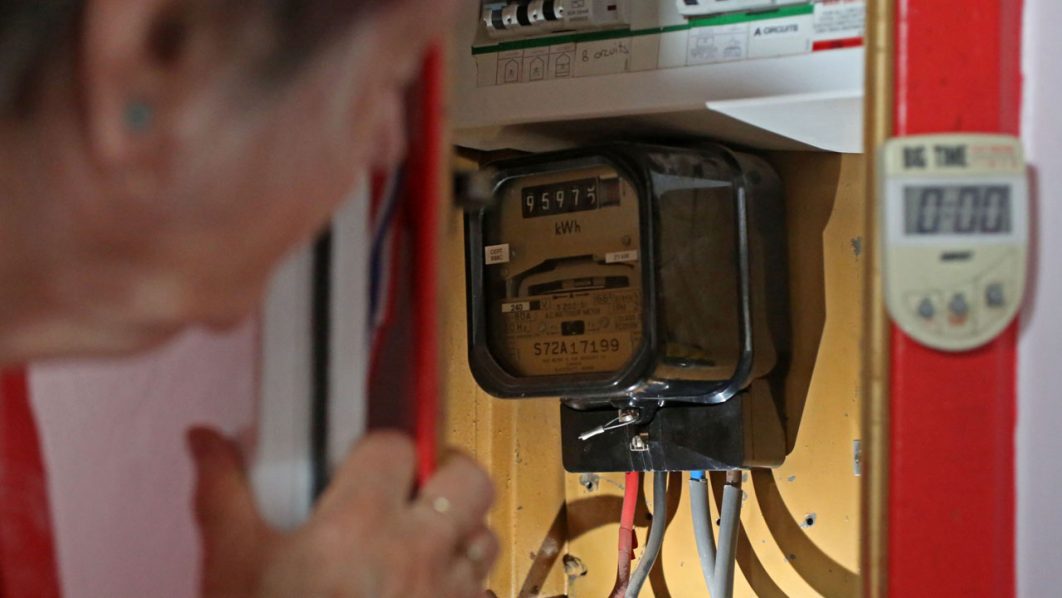
SIR: In recent years, Nigeria has witnessed a concerning rise in utility bills, particularly electricity charges, despite the country’s notorious struggles with unreliable power supply. For many Nigerians, the disconnect between what they are billed and the quality of service they receive has become a growing source of frustration. The situation has highlighted systemic inefficiencies in the country’s power sector, as well as broader challenges in governance and infrastructure development.
Nigeria’s power supply has long been a subject of public dissatisfaction. The country’s electricity grid is frail and frequently subject to disruptions, with frequent power outages that can last for hours or even days. Despite Nigeria’s vast energy resources, including natural gas, hydroelectric, and even renewable sources, the country struggles to provide consistent electricity to its citizens.
Power generation in Nigeria hovers around 5,000 megawatts (MW), which is inadequate for a population of over 200 million people. This disparity has left millions of Nigerians to rely on alternative sources of power, including generators and inverters, to power their homes and businesses. This reliance on private power generation comes with its own set of challenges, such as high fuel costs, maintenance issues, and environmental concerns.
Despite the frequent blackouts and intermittent power supply, the Nigerian Electricity Regulatory Commission (NERC) has implemented tariff hikes, raising electricity prices for consumers. These hikes, meant to help electricity distribution companies (DisCos) remain financially viable and improve service delivery, have instead sparked outrage among Nigerians who feel they are being asked to pay more for subpar service.
In addition, Nigerians are grappling with inflation and a struggling economy, making it even harder for the average citizen to absorb the increased utility bills. These price hikes, while justified by the government as necessary for the sustainability of the power sector, are causing further hardship for the population.
To tackle the issue of rising bills amidst poor power supply, a multi-faceted approach is needed. First and foremost, the government must focus on improving the reliability and efficiency of the national grid. Investments in infrastructure, including the repair and upgrading of power plants, transmission lines, and distribution networks, are essential for ensuring that power is delivered consistently.
The widespread issue of estimated billing must be addressed through the faster rollout of prepaid meters, and the process of billing must be standardised and audited regularly. This will help restore consumer confidence in the power sector and ensure that people are only paying for what they actually consume.
Finally, the government should explore alternative energy solutions, such as solar power, which could help alleviate the pressure on the national grid. Providing incentives and subsidies for the adoption of renewable energy sources could help reduce the cost burden on consumers and decrease the country’s dependence on erratic power supply.
Nigeria’s power sector faces many challenges, including: Inadequate power generation capacity, transmission and distribution bottlenecks, sub-optimal pricing and subsidies, operational inefficiencies of the distribution companies, regulatory uncertainties and policy inconsistencies.
To ensure universal access to electricity, countries like Nigeria need to: Focus on improved data collection, use modern analytical tools to track progress, and make data-driven decisions.
Ultimately, the solution lies in a comprehensive overhaul of the sector, focusing on infrastructure development, efficient power generation, transparent billing systems, and better regulation. Only then can Nigeria hope to extend the happiness of citizenship.
Tunde Eso is a Professional Trainer, Teacher, Public Relations Expert.






